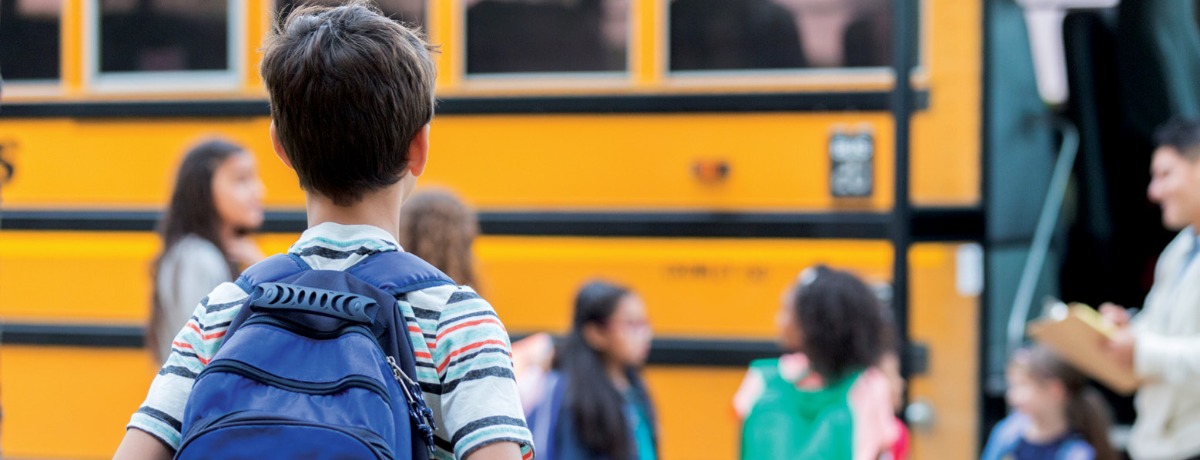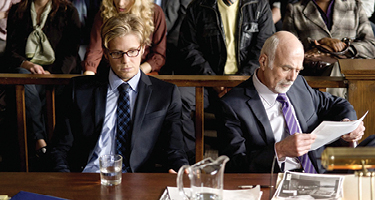Knowledge and insight informed by a keen intellect are powerful tools—essential elements of a successful life. What happens, though, when children do not have access to quality schooling? The problems of American education have been a burning political issue for decades, but “education reform” in general is an overbroad catchall of limited utility to students whose schools’ deficiencies defy uniform categorization.
The Texas Elementary Principals and Supervisors Association says it’s working diligently to ensure “an adequate and equitable funding system for Texas public schools.” Their legislative priorities include an increase in the “state share of the Foundation School program to 50 percent.” To some extent, that’s where Lone Star voters are, too: A February 2019 poll by the Texas Politics Project at the University of Texas at Austin showed that Texans believe the biggest problems facing K-12 public schools in their state, in descending order of importance, are low teacher pay, unequal distribution of resources, school accountability, and teacher quality.
To get a sense of the current state of Texas education, we checked in with Best Lawyers–recognized attorney Jay Brim, of Brim, Robinett, Cantu & Brim in Austin, who filed his responses jointly with Mark Robinett, his legal partner of 34 years.
Jay Brim
Brim, Robinett, Cantu & Brim
Recognized for Education Law Since 2009
Mark Robinett
Brim, Robinett, Cantu & Brim
Teacher pay is a perennial hot issue—perhaps even more so now, with instructors having to revise their curriculum amid the pandemic. Are teachers paid less than they deserve, and if so, what legal remedies are available to them?
Teachers have always been paid less than they deserve. It’s a political issue decided at the state level; Texas teachers may not collectively bargain.
How can schools get more money? Are there legal measures they can pursue?
Texas school districts face severe limitations on their ability to tax and have to depend on local philanthropic giving to bridge the gap. Districts without a significant segment of wealthy patrons don’t have that opportunity. A major problem over the last 30 years has been the insistence of the Texas legislature to shift funding away from the state to the local level and to offer more and more of a slice of the pie to charter schools.
Is that the culprit behind the unequal distribution of resources among school districts? If so, what can be done?
Over the past 45 years, Texas has seen its system of school finance repeatedly litigated, to little effect due to the failure of the Texas legislature and our governors to find a better system. A visit to suburban school districts, then to any urban district, will show the disparity of resources. Property- and sales-tax revenues have been inadequate to fund the needs of public education.
Would an increase in school accountability help?
It can be argued that Texas schools face too much accountability rather than not enough. State testing requirements have forced teachers to refocus their efforts toward good results. “Teaching to the tests” has become the norm.
Is there a good way to improve teacher quality?
The quality of teaching in Texas has come into question perceptually because of societal changes which have led to a loss of respect for the profession. Much has been written about the loss of potentially outstanding female teachers whose choices for career paths formerly were limited to education or nursing; those same candidates now get degrees in law, medicine, or business. Many teachers are now second-career people, with limited pedagogical training. It takes time to build up the experience to replace what many previously came into the classroom with from college.
How is Texas faring with these issues relative to other states?
Texas still produces outstanding students from its public schools, and those students compete well with students from other states for places in the best colleges. All the states face similar challenges in overcoming the changes in American culture that are challenging education. Teachers everywhere have to fight through the rapt attention of their students with their electronic devices.
What other issues do you believe need to be addressed?
The people who began our country and this state believed public education was foundational for an informed citizenry. We can’t let that change.































